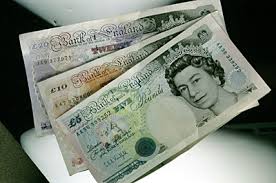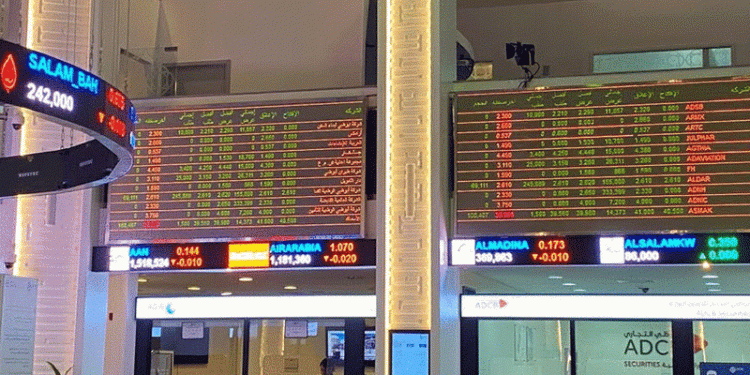Wednesday, 29 July 2015 00:22
.56 as UK growth gathers pace in Q2″ alt=”Sterling rises above .56 as UK growth gathers pace in Q2″ width=”276″ height=”183″ src=”https://globalrubbermarkets.com/wp-content/uploads/2021/09/sterling-dips-as-data-shows-uk-economy-slowing-more-than-expected.jpg”>LONDON: Sterling rose against the dollar and the euro on Tuesday after data showed the British economy picking up pace in the second quarter, supporting a view that the Bank of England could start raising interest rates in the coming months.
Gross domestic product grew 0.7 percent on the quarter in the April-June period — in line with forecasts — after a first-quarter expansion of 0.4 percent. Second-quarter output was 2.6 percent higher than a year earlier, also reflecting expectations.
Sterling rose to a high of $ 1.5618 having traded at around $ 1.5535 beforehand, up 0.3 percent on the day. The dollar was also hurt by weaker-than-expected US consumer confidence data for July, with focus now turning to the Federal Reserve’s two-day policy meet that will end on Wednesday.
The euro extended losses to trade at 70.86 pence, having traded at 71.22 pence before the growth data was released. “As steady growth points to improving living standards, and with the concerns around Greece finally begin to subside, the temptation for Governor Mark Carney to hike interest rates is increasing by the month,” said Dennis de Jong, managing director at UFX.com.
“However, a subsequent strong pound could adversely affect manufacturing and exports. The interest rate decision will continue to be a balancing act for Carney.”
The interest rate swaps market is pricing in a chance of a rate rise in January, broadly chiming with recent comments from Carney who said the first rate hike could come around the turn of the year.
The BoE meets next week, with no interest rate change expected although the vote could expose the first split on the nine-member monetary policy committee (MPC) this year. Vatsala Datta, a UK rates strategist at RBC Capital Markets, expected a decent chance at the August meeting of a 6-3 split in favour of no rate hikes.
The BoE will also release its quarterly inflation report early next month and some traders expect the central bank to sound hawkish and prepare the ground for an eventual rate rise.
“Despite the rising voices against the stronger pound, and its negative impacts on manufacturing and industrial exports, UK exports remain well in line with their mid- to long-term average,” London Capital Group analyst Ipek Ozkardeskaya said.
“UK businesses would better get used to the idea of a stronger pound, because all indicators point to the decisive BoE step into the monetary policy normalisation.”



























